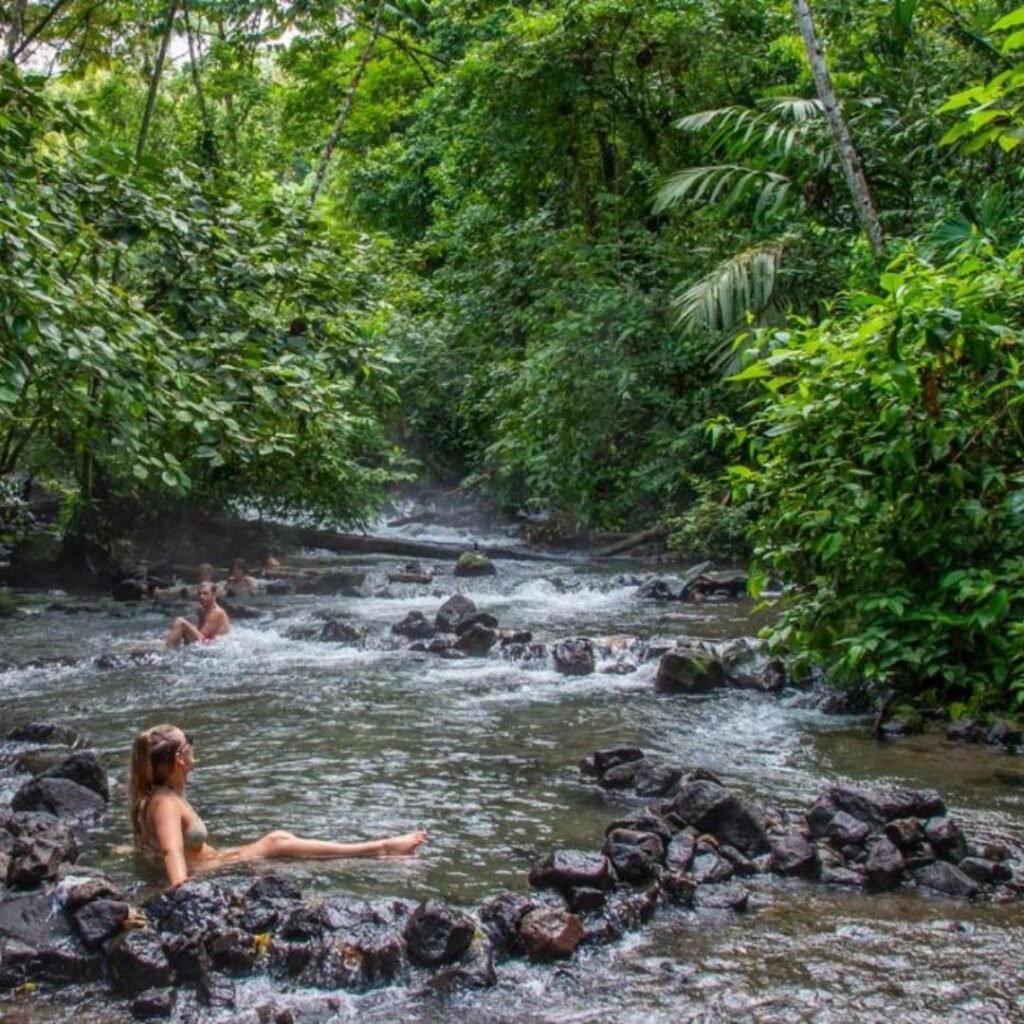By Fathima Rukaiya,
As the world grows more environmentally conscious, travel is shifting toward sustainable experiences that support local communities, preserve natural resources, and protect biodiversity. Here are seven eco-friendly destinations making sustainability a way of life.
1. Azores, Portugal

One of Europe’s greenest travel destinations is the Azores, an isolated Portuguese island in the Atlantic. The islands, which are powered by geothermal and hydroelectric energy, are home to crater lakes, lush volcanic scenery, and sustainable farming communities. The Azores actively preserves marine life, especially dolphins and whales, and has earned an Earth Check certification.
Ideal For: Hikers, eco-aware island hoppers, and nature lovers Accommodation: Guesthouses & eco-lodges: $20 – 40 per night
Accommodation: Eco-lodges & guesthouses: $20 – 40 per night
Azorean stews and local shellfish cost $8 to $12 for each meal.
Eco-Activities: Whale watching tour: $30 – 50, geothermal pools: Free or $5
2. Rwanda

For community-based conservation, Rwanda is among the most progressive nations in Africa. Volcanoes National Park’s renowned mountain gorilla trekking is controlled to protect wildlife and assist the local population. Eco-lodges help local farmers and craftspeople, and Kigali is plastic-free.
Ideal For: Eco-volunteers, jungle hikers, and wildlife photographers
Hostels & guesthouses cost $15 – 30 per night
Meals: local cuisine: $2 – 5 per meal
Eco-Activities: Gorilla trekking permit: $1,500, canopy walk: $10
3. Slovenia

With a national certification system that rates towns, parks, and attractions according to sustainability, Slovenia is the first legally recognized Green Destination in Europe. Strict environmental rules save the city’s scenic lakes, mountains, and caves, and the capital, Ljubljana, is largely car-free.
Accommodation: Green B&Bs: $40 – 60 per night, hostels: $20+ per night
Meals: $7–10 for organic farm-to-table meals
Environmental Activities: Lake Bled kayaking: $15 per hour, bike rental: $10 per day
Ideal For: Outdoor adventurers, couples, and lone travelers
4. Costa Rica (Northern Region)

With almost 30% of its land protected and 100% renewable energy, Costa Rica is the world leader in environmentally responsible travel. For eco-friendly activities like ziplining in cloud forests, hiking volcanoes, and visiting thermal springs, the northern region Arenal, Monteverde, and La Fortuna is the best option.
Accommodation: Hostels and eco-lodges: $15 – 30 per night
Meals: $3 – 6 for local sodas (restaurants)
Environmental Activities: Tree planting and conservation tours: $15; hot springs: $5 – 10
Ideal For: Families with children, students, and adventure travelers
5. New Zealand

New Zealand invites all visitors to be environmental stewards with its Tiaki Promise. The majority of the nation’s energy comes from renewable sources, and travel agencies must adhere to strict sustainability guidelines. Expect Maori-led eco-tours, glacier hikes, and authentic cultural experiences.
Accommodation: Eco-lodges: above $80 per night.
Meals: $20 to $40 per day for organic and locally grown food
Environmental Activities: Conservation hikes: $50 – 100, Maori cultural walks: $30 – 50
Ideal For: Luxury vacationers and nature photographers
6. Iceland

Iceland is one of the cleanest and greenest nations in the world since it uses only renewable energy. Environmental management and carbon capture are key components of its tourism sector. You can support carbon-neutral tourism while exploring volcanoes, glaciers, and geothermal pools.
Guesthouses: $50+ per night, certified hotels: higher
Meals: $30 – 60 per day for simple Icelandic fare
Eco-Activities: Blue Lagoon: $80 – 100, glacier hiking: $90 – 150
Best For: Eco-luxury seekers, geology fans, aurora hunters
7. Bhutan

The Only Carbon-Negative Nation in the World.
Bhutan is carbon negative, not just carbon neutral. To preserve its culture and environment, the government restricts the number of visitors and places a higher priority on Gross National Happiness than GDP. Every aspect of tourism is controlled, and eco-lodges, homestays, and guides are required to support isolated communities.
The Sustainable Development Fee (SDF) covers accommodation.
$100 per day for SDF (Tourism Tax), which includes transportation, meals, hotel, and guides.
Eco-activities include farm stays, monastery visits, and nature hikes.
Ideal For: Minimalist explorers, spiritual travelers, and cultural adventurers
Tips for Eco-Friendly Travel
To be sure your money supports local sustainability, book certified eco-lodges or homestays.
Use reputable services like Gold Standard or MyClimate to offset your carbon emissions from flights.
Choose slow travel like walking, bike, or take public transport where possible.
Sustainable travel is no longer just a trend; it’s a global movement shaping the future of tourism. By choosing destinations that prioritize environmental protection, cultural preservation, and community benefit, you’re not just seeing the world you’re helping to protect it.
Start planning your next trip with purpose because the best journeys leave a positive footprint.





